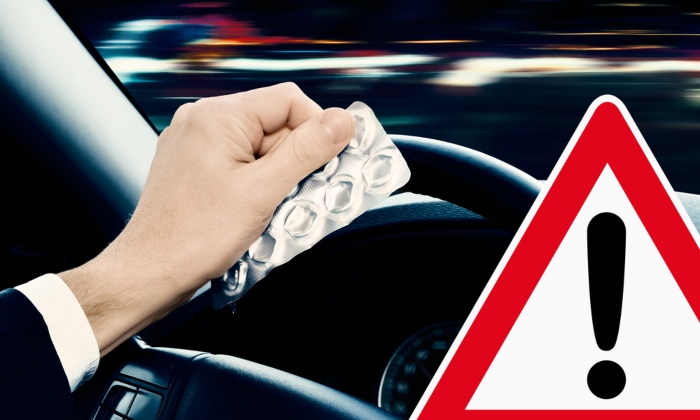
For many, impaired driving might be defined as being under the influence of alcohol when operating a motor vehicle. Impaired driving is really driving under the influence of ANY substance that alters your judgment, response time, and other driving abilities. That includes both alcohol-impaired and drug-impaired driving.
Driving impaired by any substance—alcohol or other drugs, whether legal or illegal—is against the law in all 50 states and the District of Columbia.
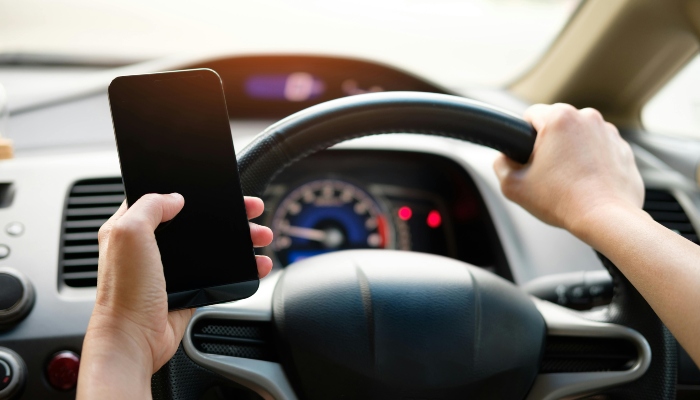
Updated April 2025
It is easy to get distracted while driving. But the good news: Distracted driving accidents are preventable. By following a few safety tips, you can minimize distractions, stay focused, and help protect yourself, your passengers, and others on the road.
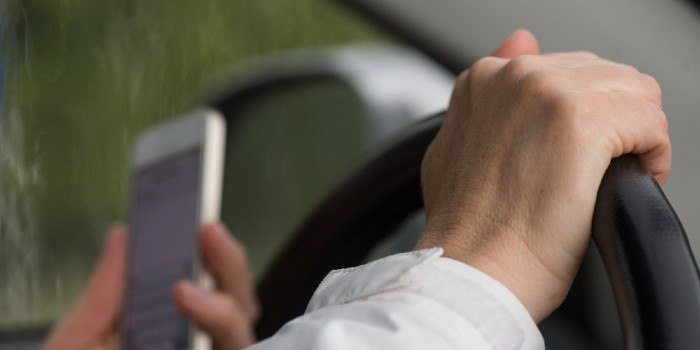
Cell phones have become essential tools in our daily lives, especially on the road. From GPS navigation and music to staying connected and accessing emergency help, they can be your most important device. But when used behind the wheel, they can quickly shift from helpful to hazardous. Follow these tips to reduce unnecessary use and make your phone a safer companion while driving.
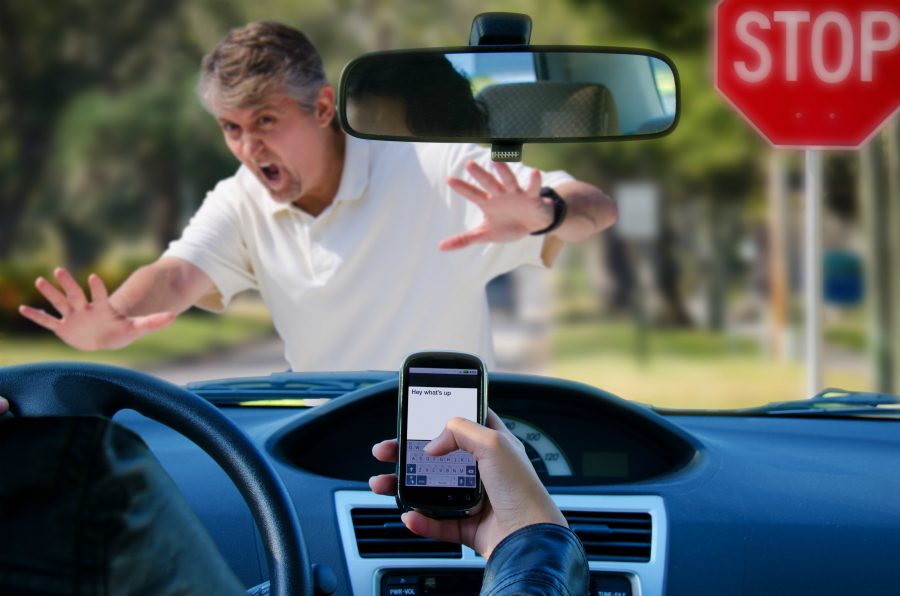
Distracted driving is a dangerous driving behavior. Between 2012 and 2020, more than 29,000 people have died in crashes related to driver distraction. In 2020 alone, 3,142 people died and 324,652 were injured. While we hear catch phrases centered around texting and driving (‘Arrive alive, don’t text and drive.’), distracted driving involves many activities that fall in three types, visual, manual and cognitive.

Defensive driving is the practice of anticipating potential hazards and using proactive techniques to prevent accidents. In general, be aware of what other drivers are doing, expect the unexpected, and be prepared to avoid it. Using defensive driving practices can help you reduce risks, protect yourself and others, and become a safer driver.
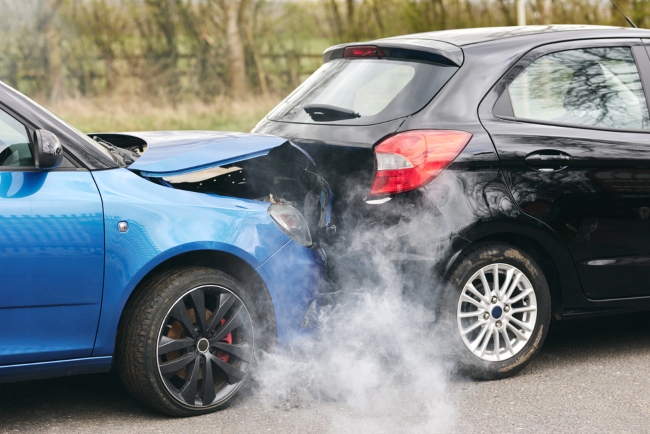
Rear-end car accidents—where one vehicle crashes into the back of another—are one of the most common car accidents on the roadway today. Even though they don’t typically cause fatalities, they often lead to serious injuries such as whiplash, spinal trauma, and concussions.
Understanding your legal options is essential if you’ve been involved in one. Here are some things you need to know about rear-end car accidents.
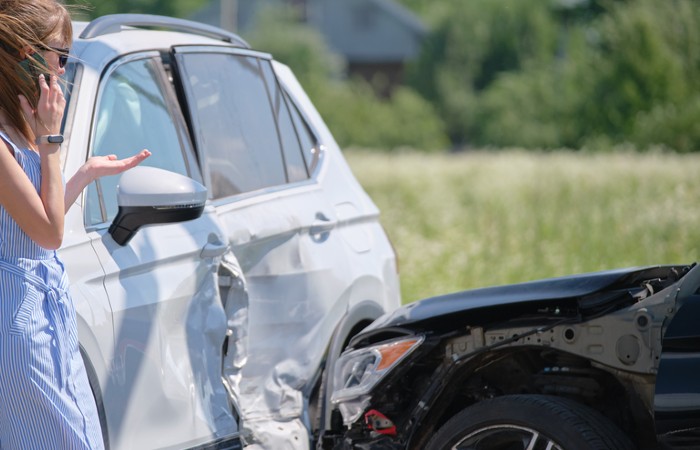
T-Bone accidents, otherwise known as side impact collisions or broadside collisions, occur when the front of one car strikes the side of another at a perpendicular angle. These types of collisions are among the most dangerous types of car accidents, often resulting in serious injuries, sometimes even fatalities.
T-Bone Accidents are Dangerous Because:
Unlike front or rear-end collisions, where bumpers, trunks, and engine compartments offer layers of protection, T-Bone crashes leave occupants vulnerable.

The holiday season is a time of joy, celebration, and togetherness. But it’s also a time when alcohol consumption increases, making December a critical month for alcohol awareness campaigns like Drive Sober or Get Pulled Over. The message is simple yet lifesaving: drinking and driving do not mix.
Be a responsible driver, use these tips, and drive sober.
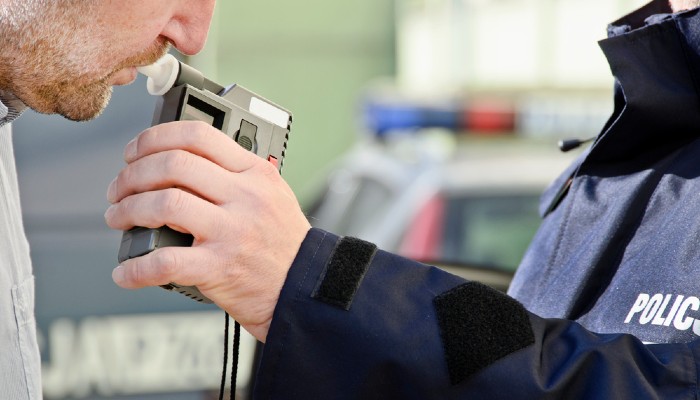
In 2023, 12,429 people died in alcohol-impaired driving traffic deaths – that’s one person every 42 minutes. Your level of impairment is measured by what is referred to as blood alcohol content, or BAC. Alcohol affects judgment, reasoning, reaction time, and muscle coordination — all essential for safe driving. This FAQ provides clear, straightforward answers to common questions about BAC and impaired driving.
Injured by an Impaired Driver? We Can Help.
If you have been seriously injured in a car accident caused by a drunk or impaired driver, contact the law office of Nash & Franciskato for a free, no-obligation review of your case.
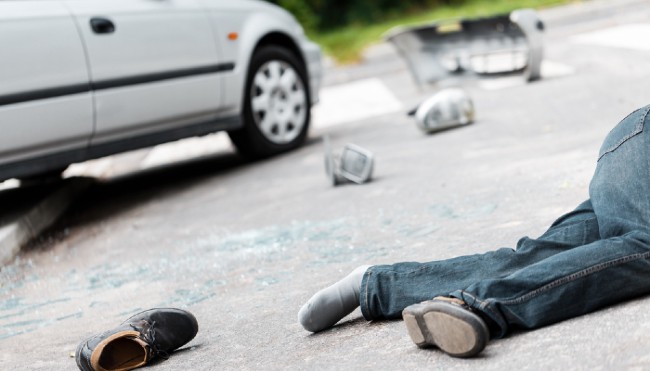
Pedestrians hit by a car, whether on the road, crosswalk, or parking lot, sustain traumatic injuries, from broken bones to fractures, traumatic brain injuries, spinal cord injuries and more. Who is liable in pedestrian accidents – the driver or the pedestrian?